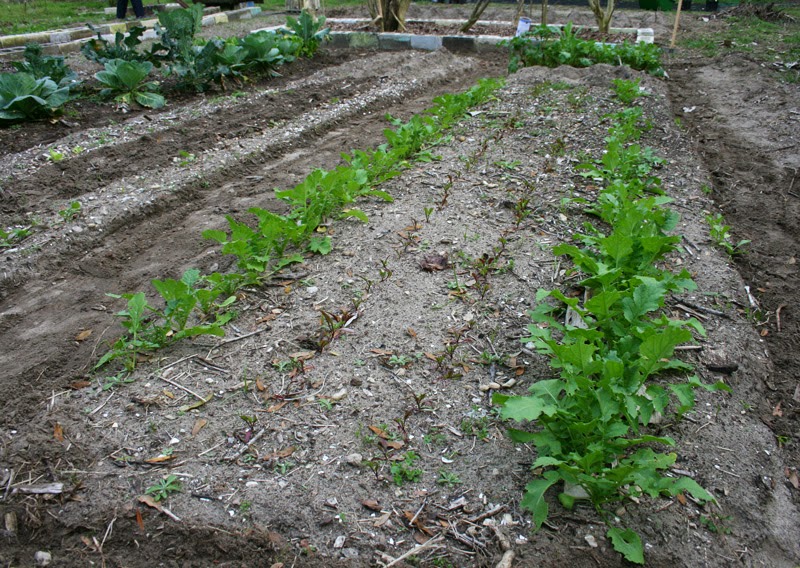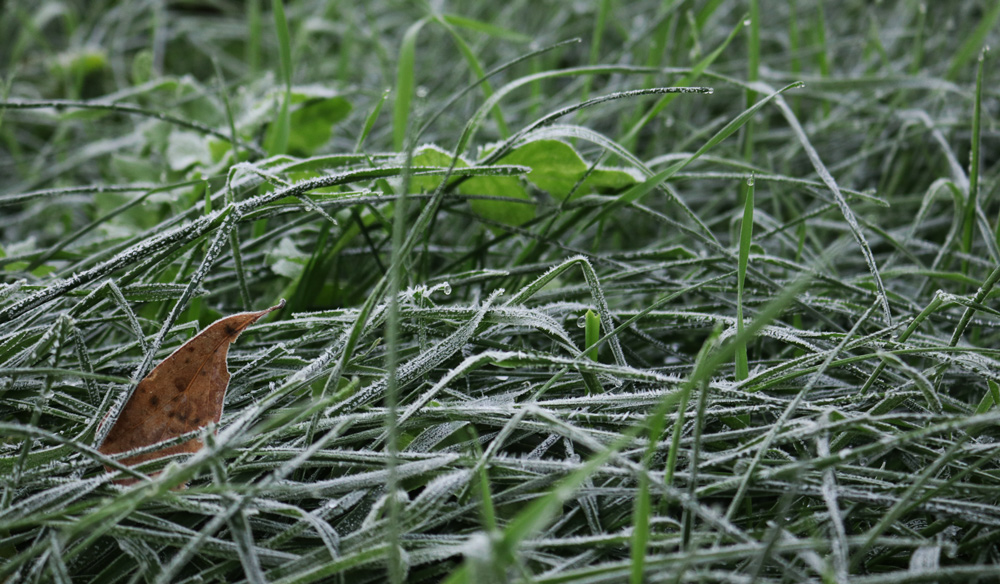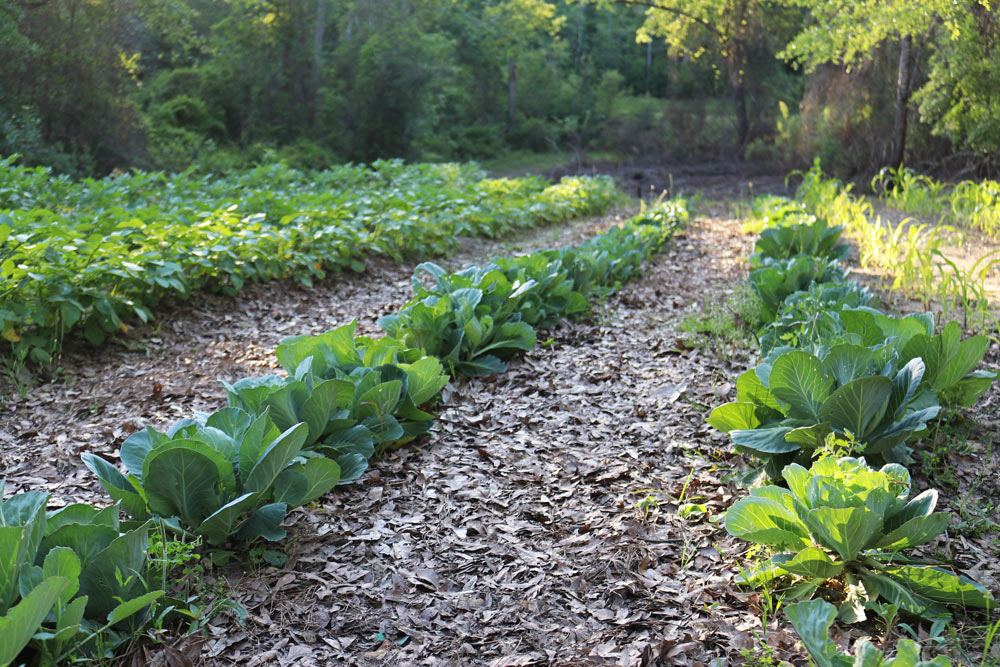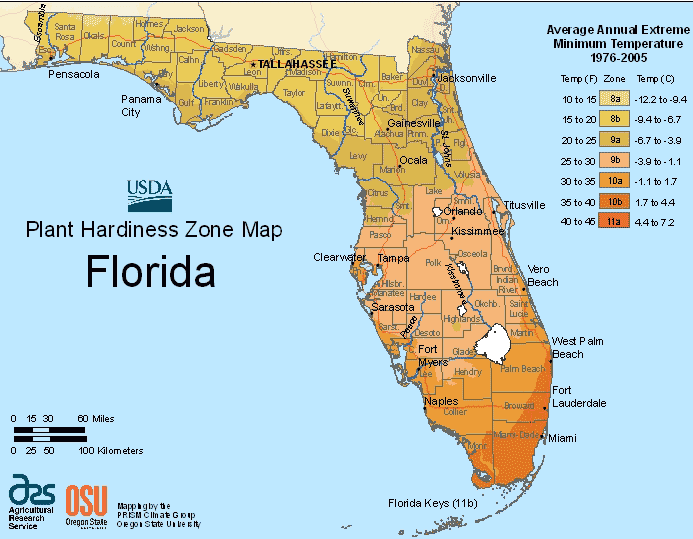What are the growing seasons in Florida? A transplanted Yankee writes:
“We have purchased a house in central Florida, and I was hoping you could give me a quick overview on the seasons in Florida. I have read your books Totally Crazy Easy Florida Gardening and Create Your Own Florida Food Forest and am planning on starting a food forest. But being from the north the seasons are confusing to me.”
Good question. If you’re not used to Florida, it is confusing. You have to ignore what the seed packets say and learn to roll with the climate, otherwise you’re doomed to repeated gardening failure.
Trust me. If you plant cabbage seed according to the packet where it says “Plant in April after all danger of frost,” you won’t get cabbages. The summer and the bugs will insure that.
Central and North Florida’s Two Growing Seasons
Central and North Florida have two main growing seasons: spring and fall. Not summer. The months of June, July, August and September are not good gardening months. There are a few things that will live, but it’s not your main gardening season like up north. Not at all!
Spring
Your spring planting season is basically February, March and the beginning of April. Everything except sweet potatoes and okra should be in the ground before April, though.
My 2015 garden in February: beets coming up down the middle of a bed between fall-planted daikons:

Brassicas like cabbage, broccoli, mustard, etc., should be planted in February.
Pumpkins, tomatoes, peppers, beans, corn, etc., should be planted near the beginning of March. (Tomato transplants should be planted, not seed, because you don’t have enough time for them to mature before the heat and bugs otherwise.)
Once things get hot, most of these plants fail to thrive and will go to seed, fail to germinate, fail to pollinate, etc., and won’t give you much, if any yield. The earlier you can get things in the ground, the better. Sometimes this means having stuff killed by a late frost.

When you hit the beginning of April, you can plant sweet potatoes, okra, Southern peas, true yams and snake beans, but there isn’t much you can plant after that.
Fall
At the end of September and the beginning of October, you can plant another round of garden plants. Usually we won’t get a frost until January, so you have time. Brassicas do well in the fall, as do hot peppers, though I haven’t had luck with pumpkins, potatoes or tomatoes. Often, your brassicas grow right through the winter quite happily, bearing into spring. I’ve planted cabbages in November and harvested them in March.

Growth slows down in the cool weather but the plants don’t die.
But South Florida is Different!
South Florida’s vegetable growing season is basically from October through March. There are two main seasons there as well: the cool dry season and the hot wet season. The latter is fine for tropical trees and plants but not great for regular garden crops. You get one main vegetable season and it’s from fall into early spring.
If you want more specific dates for planting various crops in North, Central and South Florida, UF’s Florida Vegetable Gardening Guide is very useful.
Also, as I write in Totally Crazy Easy Florida Gardening, the easiest way to succeed in Florida gardening is to plant the plants that love to grow in our unique climate.

